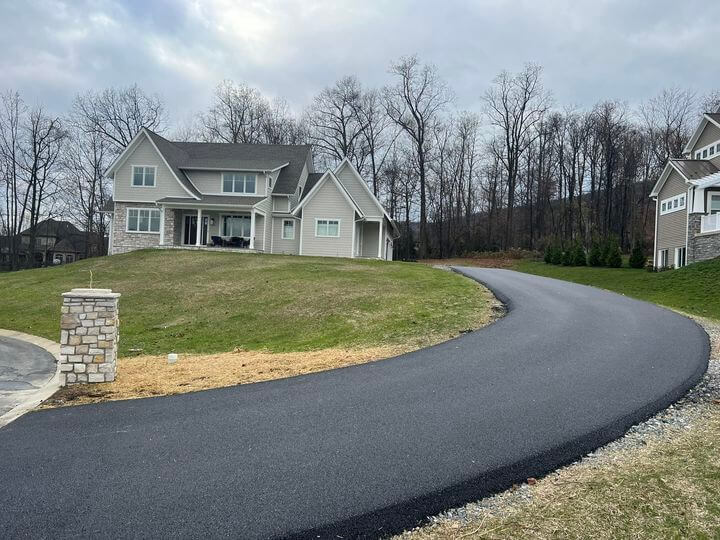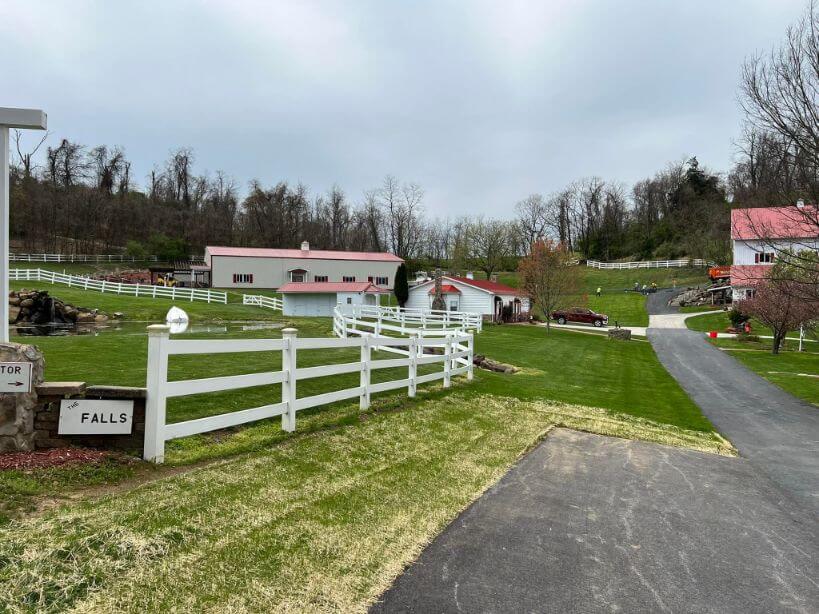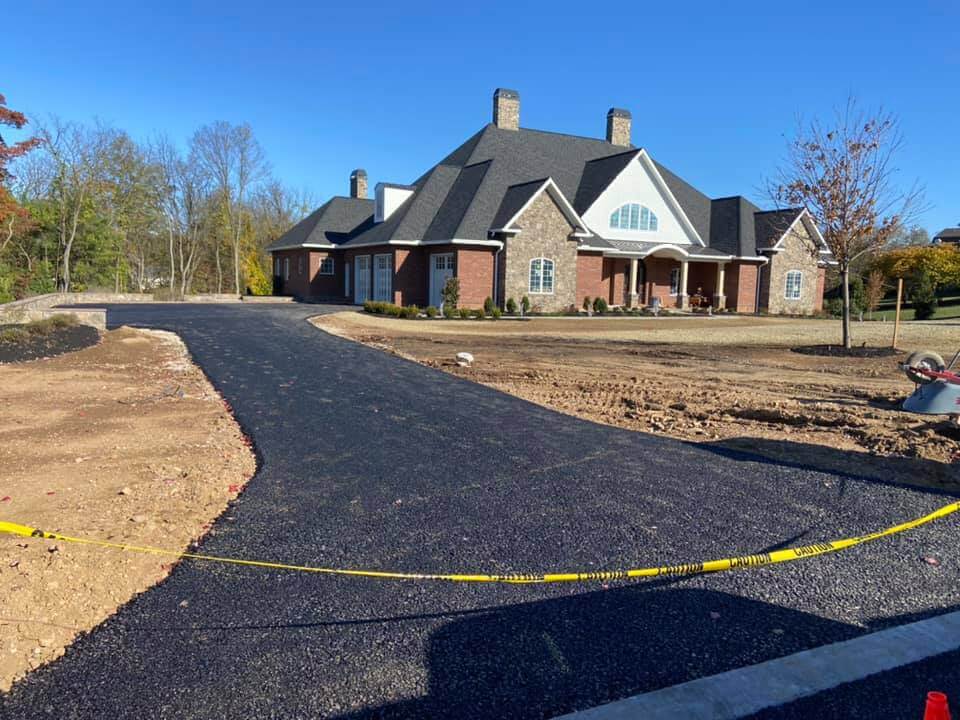How long does asphalt paving last?
Asphalt paving is a popular and affordable choice for driveways, parking lots, and other paved areas. The smooth surface of asphalt roads makes them easy to clean, while their durability and low maintenance requirements make them a great choice for many properties. Even in places that see heavy traffic, an asphalt driveway or parking lot can last for decades. You might even be able to extend the life of your asphalt by topping it with another layer of pavement that provides additional protection from UV rays and moisture penetration.
In general, asphalt has a lifespan of anywhere from 10 to 20 years, depending on climate conditions. This article covers everything you need to know about how long asphalts last so you can manage their performance and get the most out of your investment in this type of paving.
How Long Does Asphalt Last?
The average lifespan of asphalt is about 20 years. The lifespan of asphalt paving is affected by several different factors, including the climate conditions where it is installed. The most commonly used type of asphalt is called “Boulder”, which can have a lifespan of 10–20 years, depending on the climate where it is used.
Other types of asphalt can last even longer, but they are more expensive and not as common. The lifespan of an asphalt driveway or parking lot is determined by the amount of traffic it gets and whether it is maintained properly. Paved areas can last for decades if they are properly maintained and used by light traffic only.
So what exactly does “proper maintenance” mean? For your asphalt to last as long as it can, you need to keep it clean, protect it from UV rays, and protect it from moisture penetration. These factors can cause the asphalt to deteriorate at a much faster rate, causing cracks and potholes to form more quickly.
When Does Asphalt Need to be Repaired?
Although asphalt lasts for long periods, it may need to be repaired. If you notice cracks or potholes forming in your asphalt, it may be time to repair the damage. Cracks in asphalt are common, but they are easy to fix. You can fill the cracks with a sealant or epoxy, or you can pour a new layer of asphalt over the damaged area. Potholes are a different story. If you have larger potholes, you may need to repair the entire asphalt driveway or parking lot.
You can repair asphalt damage by removing the old asphalt and pouring a new layer of asphalt over the existing cement pavement. Depending on the size of the problem, this can be a more expensive repair. However, it is necessary to ensure the safety of people using your property.
Why Doesn’t Asphalt Last Forever?
Asphalt paving is a popular choice for driveways and parking lots because it is relatively affordable and durable. However, no material lasts forever. Asphalt is made from oil, which is a limited resource. Asphalt pavements are strong and durable and are resistant to most impacts, but they do have limitations. They are not suitable for areas subject to excessive vibration such as near runways or on heavily loaded streets.
They also have a limited ability to withstand extremes of temperature, and they are not suitable where there is a high risk of water penetration and corrosion.
So, although asphalt paving can provide a durable and attractive surface, it is not a perfect solution. As asphalt ages, it becomes less firm and less elastic as it is slowly crushed and broken down by traffic. As time passes, the asphalt is also slowly exposed to weathering, which can cause it to crack or break down completely.
3 Tips for Prolonging the Life of Your Paving
You can prolong the life of your asphalt paving by taking a few steps. First, keep it clean. Dirt and debris can collect on the surface of the asphalt and prevent it from getting the proper amount of protection from the elements. This can speed up the wear and tear of your paving, causing it to deteriorate faster.
Next, protect it from UV rays. This can be done by covering the asphalt with a black cover, or it can be done with darker asphalt. Darker asphalt will prevent UV rays from penetrating the surface as deeply, protecting it from damage.
Finally, protect it from moisture penetration. Moisture can seep into your asphalt paving, causing rust and corrosion. This can lead to potholes and damage to your asphalt paving. You can prevent moisture penetration by making sure the asphalt has a dry surface. You can do this by watering your asphalt in the morning or by installing paving stones that allow the water to evaporate.
Conclusion
Asphalt paving is a popular material for driveways, parking lots, and other paved areas. The smooth surface of asphalt makes it easy to clean, while its durability makes it a great choice for many properties. Asphalt paving can last for decades if it is properly maintained and installed in a location that does not get too much moisture. You can prolong the life of your asphalt paving by keeping it clean, protecting it from UV rays, and protecting it from moisture penetration.



